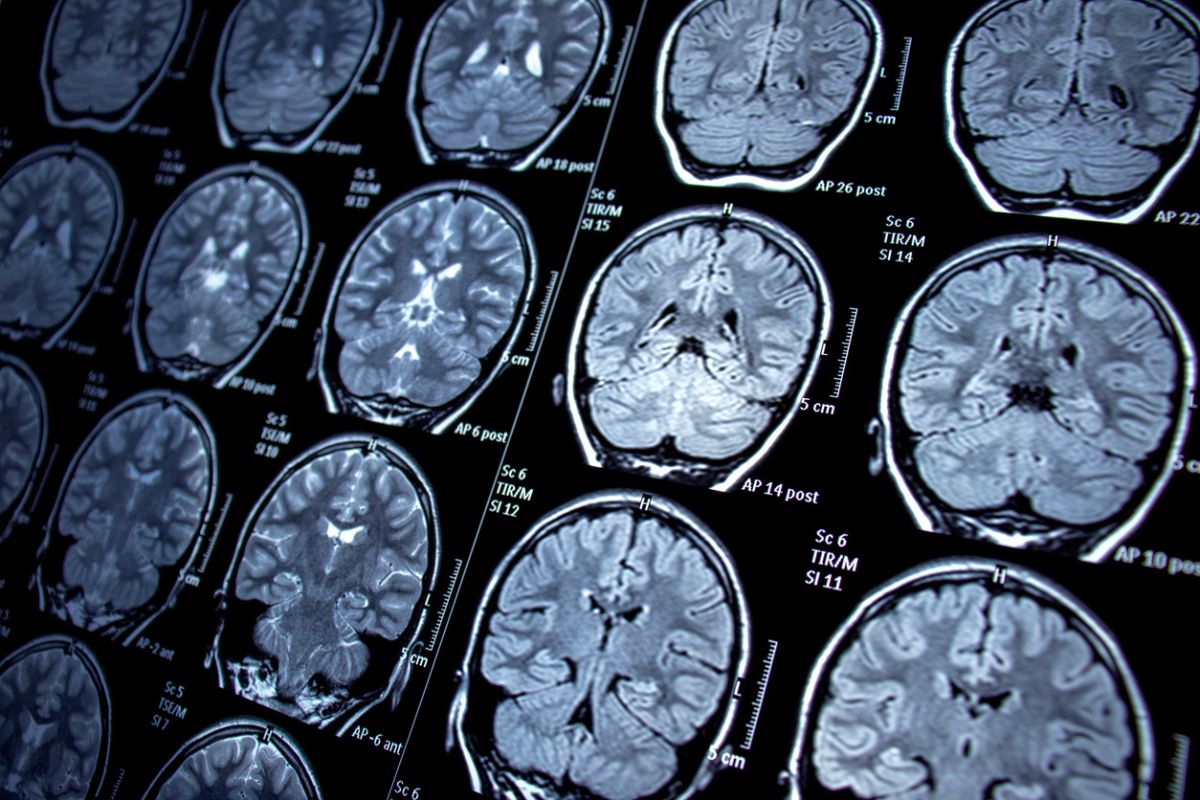Psilocybin, a psychedelic compound found in some mushrooms, has attracted a lot of attention in recent years for its potential to treat symptoms of major depressive disorder (MDD) and post-traumatic stress disorder (PTSD).

It’s generated enough buzz that regulators have gotten involved. In June 2023, the U.S. Food and Drug Administration (FDA) issued draft guidance “to advise researchers on study design and other considerations as they develop medications that contain psychedelics.”
“Psychedelic drugs show initial promise as potential treatments for mood, anxiety, and substance use disorders. However, these are still investigational products. Sponsors evaluating the therapeutic potential of these drugs should consider their unique characteristics when designing clinical studies,” Tiffany Farchione, MD, director of the FDA’s Division of Psychiatry in the FDA’s Center for Drug Evaluation and Research, said in making the announcement. “By publishing this draft guidance, the FDA hopes to outline the challenges inherent in designing psychedelic drug development programs and provide information on how to address these challenges. The goal is to help researchers design studies that will yield interpretable results that will be capable of supporting future drug applications.”
How Psilocybin Works
Research has shown that this compound mainly works by activating the 5-HT2A receptor, which affects serotonin and dopamine levels. But it’s not the only reaction.
As public interest in microdosing psychedelics grows, newer studies have hinted that some participants have experienced heightened mental functioning and a better sense of well-being.
But the safety and long-term effects of micro-dosing remain under review. There’s a growing wave of concern about serotonin toxicity (ST). That’s particularly acute when used in conjunction with other serotonergic medications.
Serotonin toxicity, sometimes referred to as serotonin syndrome, strikes once an excessive amount of serotonin builds up in the brain. This can lead to potentially life-threatening symptoms. And even though most researchers consider psilocybin generally safe on its own, using it with other medications can pose risks.
One Woman’s Story
The Journal of Clinical Psychiatry reported on a case that sheds light on the risks that psilocybin presents when mixed with antidepressants.
A 35-year-old woman sought out routine psychiatric care for help with her insomnia. Her history included:
- A history of MDD.
- Chronic PTSD.
- Generalized anxiety disorder.
- Along with participation in multiple prior medication trials.
She was taking a daily regimen of venlafaxine ER (375 mg), bupropion XL (450 mg), and lorazepam (1 mg twice daily).
Finally, she’d recently started using psilocybin recreationally at unknown microdoses at least four times a week.
To address her insomnia, her psychiatrist prescribed trazodone.
Within two days of starting the trazodone at a 100 mg nightly dose, the patient began to experience a range of symptoms indicative of serotonin toxicity. The symptoms included excessive sweating, tremors, flushing, involuntary muscle contractions (clonus), nausea, and heightened anxiety.
Doctors discovered she was hypertensive, posting a blood pressure of 143/92 mmHg. She also presented as tachycardic, with a heart rate of 122 bpm. Finding that she met the Hunter criteria for serotonin toxicity, ER personnel admitted the patient to the hospital for medical management and supportive care. Doctors cut off all medications, except the lorazepam, and her symptoms resolved.
The case study’s authors noted that the patient had earlier tolerated a similar medication regimen — including venlafaxine ER (300 mg/day), bupropion XL (450 mg/day), and trazodone (200 mg/night) — without suffering any side effects. But they added that her recreational use of psilocybin on top of this drug cocktail appeared to heighten her serotonin toxicity risk.
Understanding the Risks of Psilocybin and Polypharmacy
The study’s authors wrote that, in this case, the patient hadn’t been on the higher dose of venlafaxine ER (375 mg/day). And this might have contributed to her reaction.
Although the exact dose of psilocybin used by the patient remains unknown, the authors suggest that it probably played a part in accelerating her serotonin toxicity risk. This case demonstrates that unregulated psilocybin use in the context of polypharmacy poses previously unrecognized pitfalls.
As the use of psychedelics in therapeutic settings continues to rise, regulators must recognize that future treatment demands careful monitoring. That’s especially true when patients are using other serotonergic agents at the same time.
Further Reading
Researchers Uncover How Psilocybin Works in the Brain


